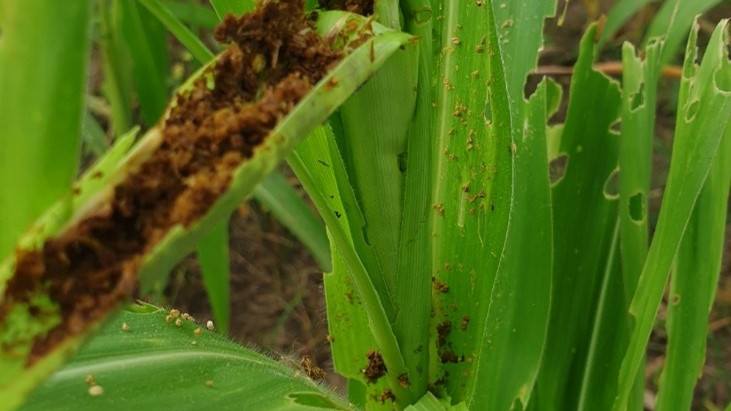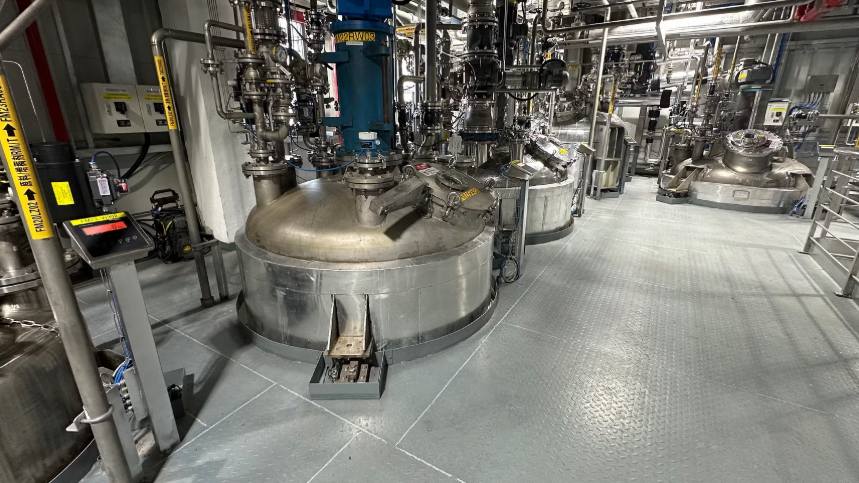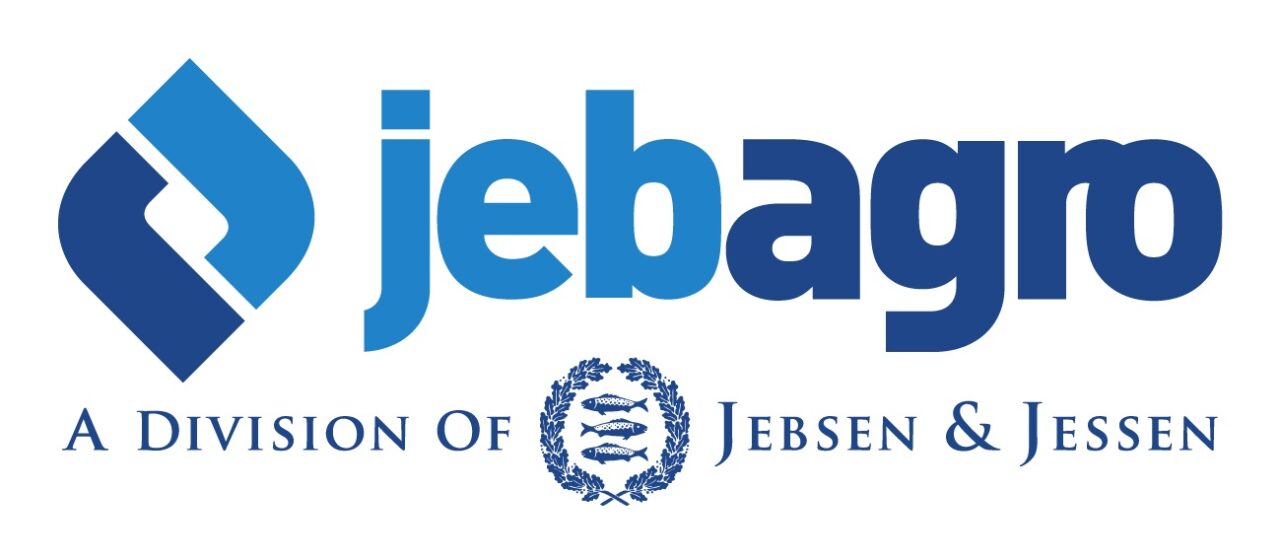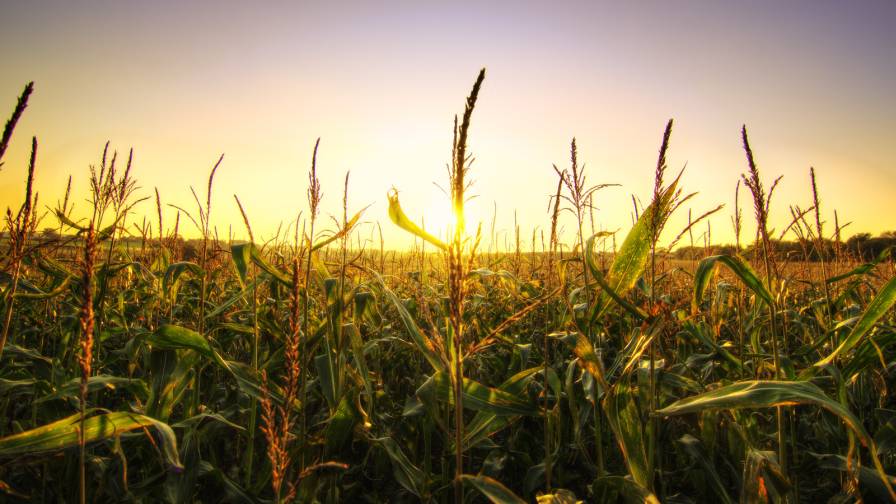Brazil Soybean Aid Falls Short, Say Farmers
The Brazilian government has allotted an additional US $470 million as emergency aid to the country’s soybean sector in the form of price supports, debt rollover, and crop insurance to help defray the increased cost of diesel, which has made transportation increasingly difficult.
Managed by CONAB (a Brazilian food supply company linked to the Ministry of Agriculture), the goal of the payments is to assist in the sale of 15 to 20 million metric tons of soybeans. The government plans to pay producers between US $0.70 and US $2.80 per 60-kilo bag of soybeans, depending on how far the producer is located from port, according to the US Department of Agriculture’s Foreign Agriculture Service (USDA-FAS).
The aid falls will below the request from producers. Following three years of adverse conditions, the most farmers are not in poor financial positions. Farmers claim that the government minimum price does not cover their current production costs. The government’s minimum price for soybeans is about US $115 per metric ton. Farmers claim this year’s cost of production to be in the range of US $230 per metric ton.
For the first time in seven years, Brazilian soybean area is projected to decline. Estimates for this year’s planted area are down 4%, and next year’s area may be down another 2%. The governor of Mato Grosso and Brazil’s largest soybean farmer recently estimated the drop in soybean area for 2006/07 at 10%.
The general complaint heard from Brazilian farmers is that they are major contributors to the Brazilian economy, generating wealth, but receiving no support or cooperation from the government. Soybeans make up 8% of total Brazilian exports, a drop from 12% last year.





